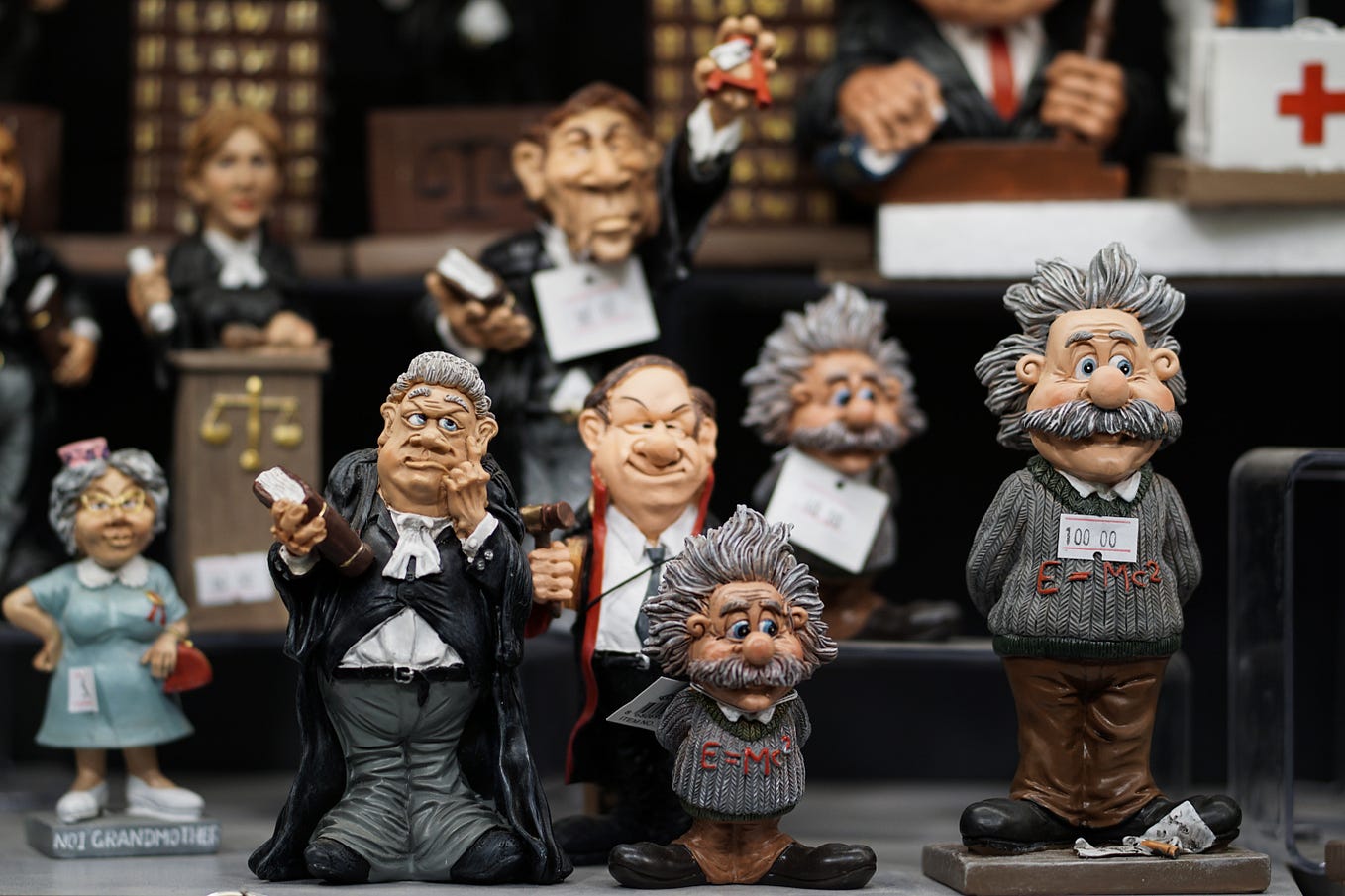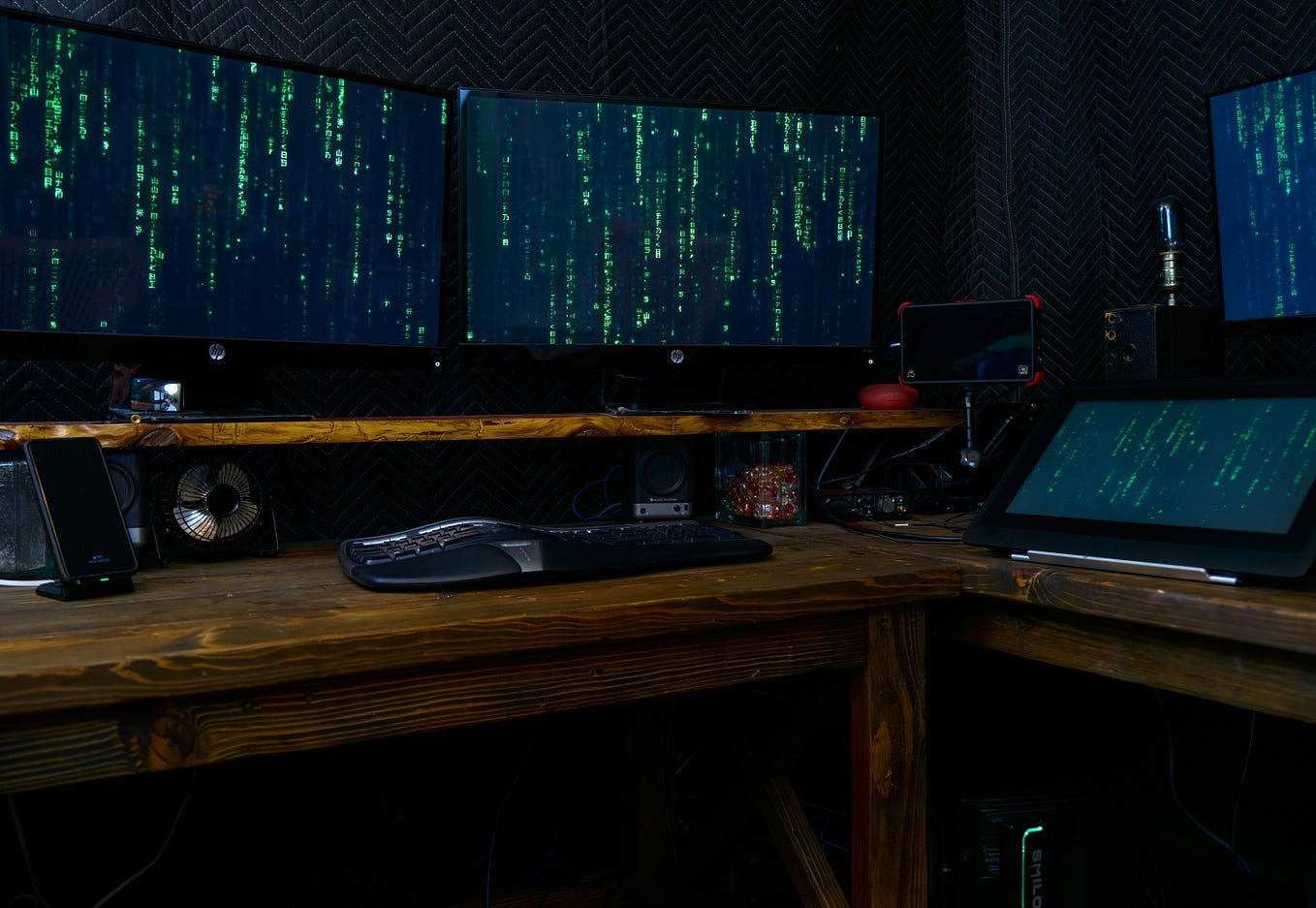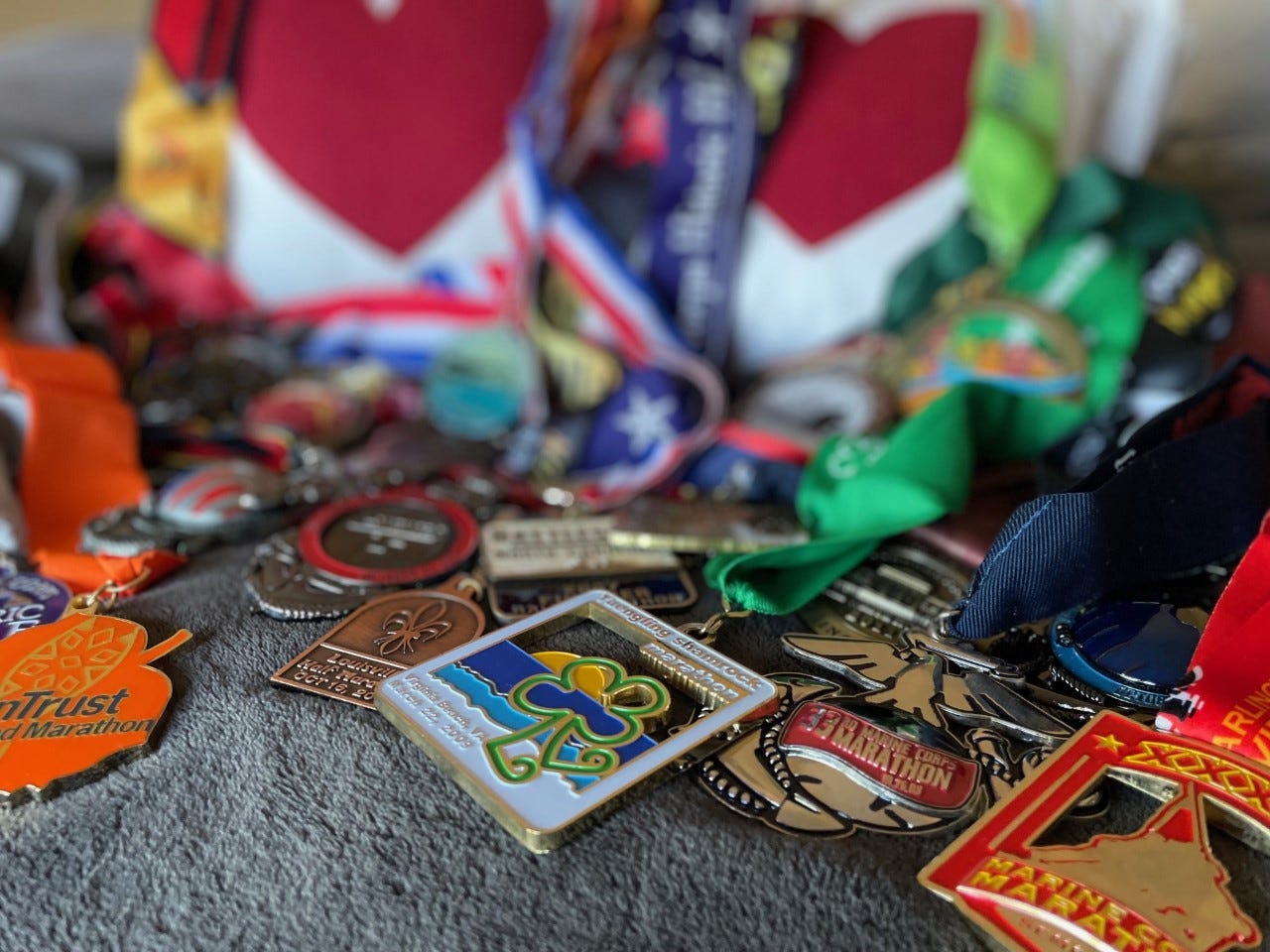How Mistakes Can Change Your Life for the Better
And why you should study your mistakes instead of ignoring them.
In 1956, World War II Navy veteran Wilson Greatbatch was teaching electrical engineering in the city of Buffalo. He was also moonlighting at the Chronic Disease Institute, where a physician had recruited him to help engineer an oscillator that would record heartbeats using the new technology of silicon transistors.
One day, Greatbatch grabbed the wrong transistor from a bag and plugged it into the device. When he switched it on, the device began pulsing with a familiar rhythm, like that of a heartbeat. The transistor wasn’t recording a heartbeat, it was simulating it.
Greatbatch was inspired. For the next two years, he and a surgeon named William Chardack worked on this discovery. Eventually, they invented the first implantable cardiac pacemaker. By 1960, the pacemaker was pulsing in the hearts of 10 human beings.
In effect, Greatbatch’s error created a design that evolved to save or prolong the lives of millions of people around the world.
It’s easy to dismiss an error as just that — an error. Whatever doesn’t lead to an expected outcome is considered noise and dismissed. We obsess over being certain and right. But history is rife with discoveries that resulted from such “noise”.
Errors Changed the Fate of Humankind
Alexander Fleming discovered the medicinal benefits of penicillin when the mold forced its way into the Staphylococcus bacteria he had left by an open window in his lab.
Louis Daguerre tried and failed to coax images out of iodized silver plates for years. One night, he stored the plates in a cabinet packed with chemicals. The next morning, he discovered a perfect image on the plate, produced by the fumes from a spilled jar of mercury. This led to the daguerreotype, the forerunner of modern photography.
Even the human species is a result of repeated errors. In his book Where Good Ideas Come From, Steven Johnson wrote:
Because DNA is susceptible to error — whether mutations in the code itself or transcription mistakes during replication — natural selection has a constant source of new possibilities to test. Most of the times, these errors lead to disastrous outcomes, or have no effect whatsoever. But every now and then, a mutation opens up a new wing of the adjacent possible.
If Greatbatch had immediately replaced the wrong transistor with the right one, it would’ve taken much longer to discover a treatment for faulty hearts. if Fleming had simply disposed of the bacteria in his petri dish, it would’ve taken much longer to invent antibiotics. If Mother Nature had ignored her “mistakes during replication”, you and I wouldn’t exist.
Who knows how many opportunities for improvement, innovation, and discovery have been missed in history because people stumbled across errors but dismissed them instead of studying them.
How To Learn From Your Mistakes
At the other end of the scale, it’s easy to assume that errors are “Aha!” moments, that revelations strike people on the head. Like the apple fell on Newton’s and Voila! We got the theory of gravity.
Here’s the thing. By itself, an error is rarely enough. It’s useful if the discovery is meaningful to you, if it completes a hunch, or opens a door that leads you to explore a possibility you had overlooked.
Let’s look at how and why Wilson Greatbatch had his epiphany.
In the summer of 1951, he was working at an animal farm affiliated with the psychology department at Cornell. The department needed someone to attach experimental instruments to animals to measure their brain waves, heartbeats, and blood pressure. Greatbatch was a gadget-lover. It was a natural fit.
One day, while having lunch with two visiting surgeons, he got into a conversation on the dangers of irregular heartbeats. Something in how they described the condition triggered a connection in Greatbatch’s mind. He imagined the heart as a radio that failed to transmit or receive a signal properly.
The idea remained at the back of his head for the next five years until his accidental discovery at the Chronic Disease Institute. And though the implantable pacemaker was effective beyond anything that existed until then, Greatbatch and Chardack had to spend years convincing surgeons to adopt it.
In other words, an epiphany doesn’t complete a hunch in a flash. It needs to be worked on and refined. Even Isaac Newton spent over two decades working on his theory of gravity before finally publishing it.
Here are three simple steps you can take to make the most of your mistakes.
1. Maintain a commonplace book.
We all have hunches, but it’s easy to forget them in the daily grind. That’s a shame really. Because building on those hunches can reveal new pathways for you.
A better approach is to store your hunches, research, interesting passages, and experiences in a commonplace book as Bobby Powers wrote in this excellent article. Because good ideas are nothing but the stringing together of those insights. Any medium for cataloging works — a physical book, index cards, or Evernote.
Note down interesting thoughts and keep returning to those notes regularly. The latter is important, otherwise, your notes will merely increase in count without being of any real use. As Venture Capitalist Sajith Pai told me, how you engage with your notes is more important than how many notes you collect, or how tidy your note-taking system is.
I note my thoughts in a 3” x 4” inch diary that I carry everywhere, and my favorite quotes in index cards. Every Sunday, I spend an hour going through them, which leads to more ideas, more errors to make, and more learning.
2. Generate plenty of ideas.
Most people overestimate the role of intellect and underestimate the role of persistence in genius. In reality, genius is about going through a ton of mediocre (and poor) ideas before you stumble upon a good one. And you can only stumble upon them if you’re in motion.
When you generate ideas, you keep your mind in motion. The thoughts circulate in your mind and connect in remarkable ways to provide epiphanies. These don’t have to be grand enough to change the world. They could appear silly, but actually have the power to remove an obstacle that’s blocking your path.
Generate plenty of ideas without worrying about how good or bad they are. Most will be noise, but every once in a while, one idea will light the green signal for a road that leads to your destination.
3. Analyze your results.
“The only real mistake is the one from which we learn nothing.” — Henry Ford
Generating ideas for the sake of them is as useful as attending meetings and sending emails at work all day. You feel like you’re running hard, but you’re not really moving forward.
Often, taking a step back to check whether you’re doing what you should and analyzing the results of your actions actually lets you move two steps forward.
Generate plenty of ideas without wondering whether they’re good or bad. But also gauge their efficacy by applying them and analyzing the results:
Were they as you hoped? If something went wrong, where did it go wrong? How can you ensure you don’t repeat the mistake? And is there someplace where you can apply your existing result?
Analyzing the results of your successes and failures improves the quality of your decisions. You become a faster learner and strengthen your adaptability muscle. But you could also come across pleasant accidents. Like Greatbatch, Fleming, and Daguerre, your errors could unlock new doors that lead you to new rooms until you explore the entire palace.
Summing Up
“Being right keeps you in place. Being wrong forces you to explore.”
Most people don’t look under the sheet of their mistakes, which is kinda sad because that’s where most of the undiscovered treasures lie.
Accuracy and correctness are narrow. They limit our path and direction. And since they already exist, we consume them passively.
But an error is endlessly diversified. It flings you in different directions and studying it makes you an active participant in your own life.
Store your hunches and experiences and return to them regularly. Generate plenty of ideas and test their usefulness by applying them. And examine the results.
Maybe you’ll find a way out of a fix. Maybe you’ll find the solution to a problem that’s plaguing many people. Or maybe, like Christopher Columbus, you’ll discover the Americas by accident.







